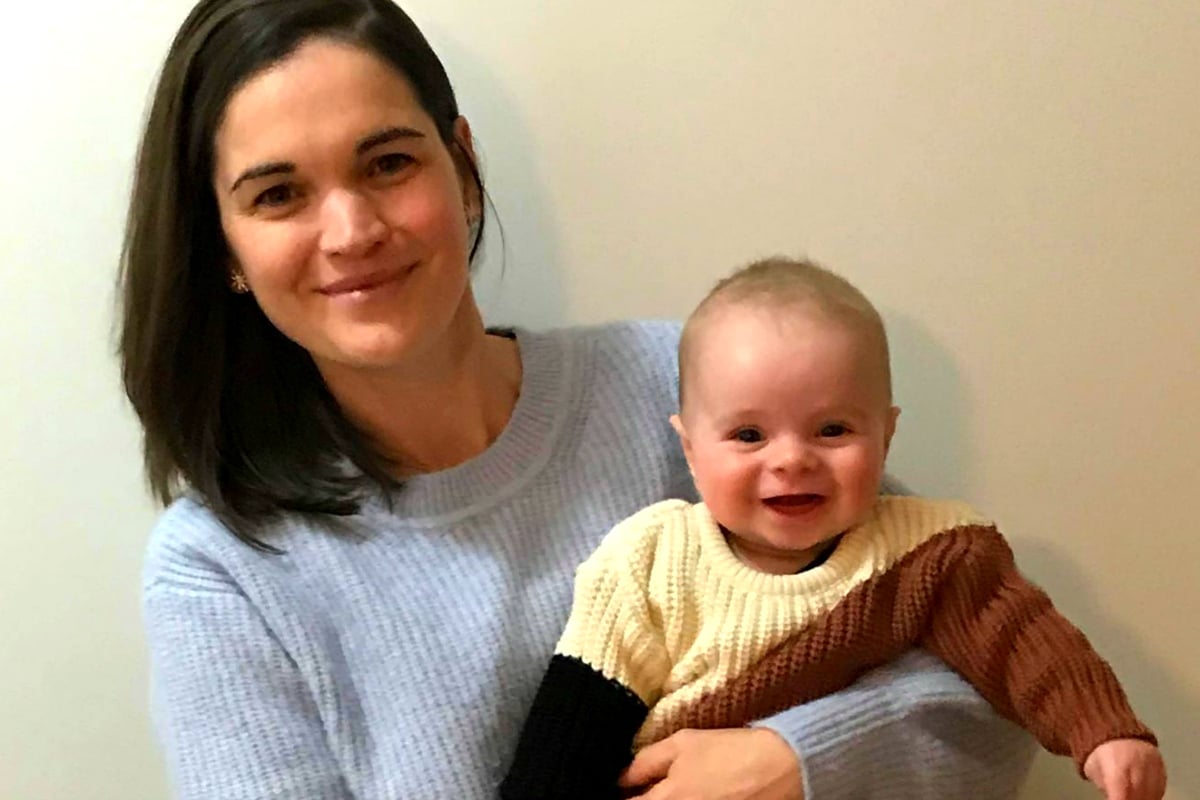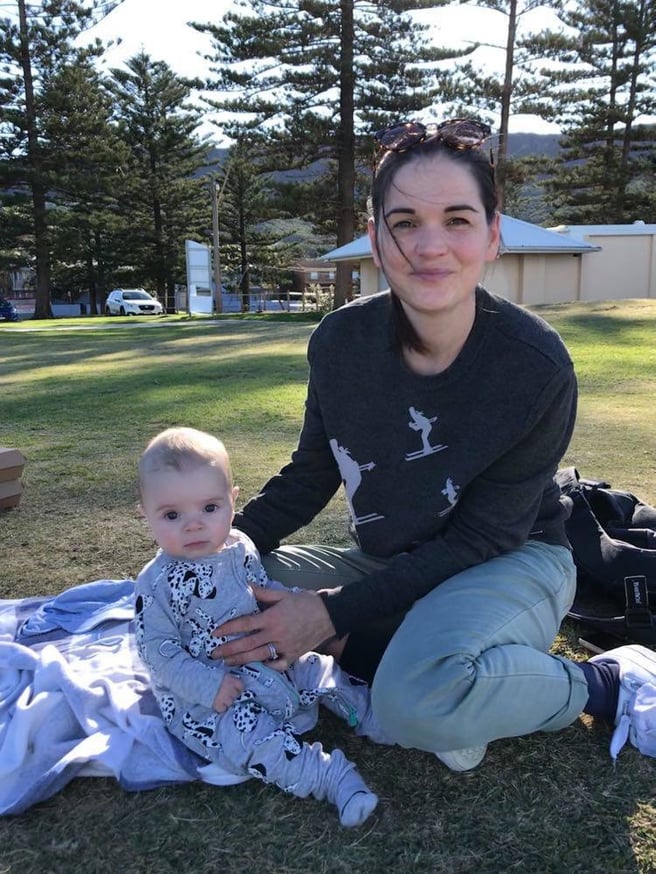

The first year in a baby’s life is one of the most exciting times for parents – but it can also be worrying. For example, the potential for food allergies concerns many parents, and isn’t helped by the plethora of information available on the topic – when there are simply basic things one wants to know:
How do you know if your child might be allergic to certain foods? Are there things you can do to help prevent allergies?
This is why the National Allergy Strategy as part of its Food Allergy Prevention Project, has launched the Nip Allergies in the Bub campaign, to inform parents about what they can do in that first year.
The main message to take away is this: Parents can help prevent food allergies in their babies by feeding them common allergy-causing foods before they are one.
Nip Allergies in the Bub provides parents easy-to-access information, including recipes and timelines, on common allergy-causing foods such as eggs, nuts and soy. It also offers an information line, advice for health professionals about current feeding recommendations, and managing eczema (a medical condition causing inflamed skin) to help prevent food allergy from developing (as research shows both conditions are closely linked).
Mum-of-one Rikki Dunstall has been using the Nip Allergies in the Bub site to walk her through introducing solids to her five-and-a-half-month-old, Toby, and she told us it's been "really easy and helpful".
"I mixed rice cereal with breastmilk," Rikki told Mamamia. "I then added some apple or pear puree to the rice cereal, then moved on to sweet potato, carrot and apple puree then finally added in egg at five months. Smooth peanut paste will be next."




Top Comments